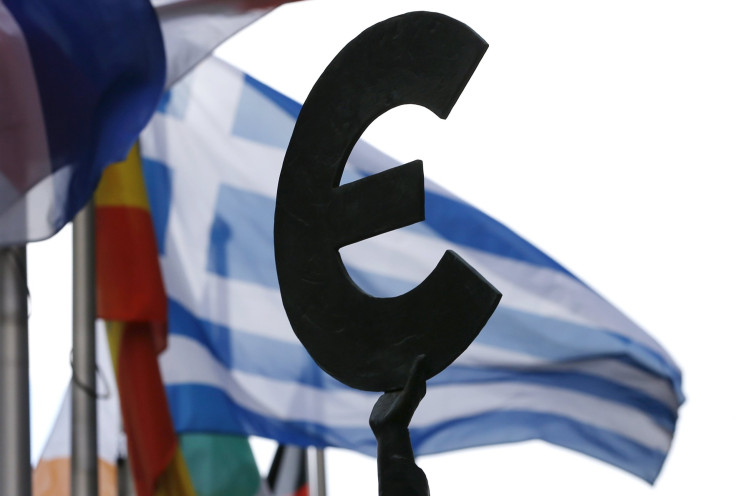Greece Will Not Make IMF Repayment Due In June: Interior Minister

Greece will not make a payment due to the International Monetary Fund (IMF) next month, as it does not have the money, the country's interior minister said Sunday.
"The four installments for the IMF in June are 1.6 billion euros ($1.8 billion), this money will not be given and is not there to be given," Nikos Voutsis told Greek Mega TV's weekend show, according to Reuters.
Greek finance minister Yanis Varoufakis said Sunday that his country had made "enormous strides" toward reaching a deal with its international creditors.
"It is now up to the institutions to do their bit. We have met them three quarters of the way, they need to meet us one quarter of the way," he told the BBC's Andrew Marr show.
Missing an IMF payment would signal that Athens’s coffers are empty. That could spark heavy deposit withdrawals from Greek banks and force capital controls, deepening the country’s economic crisis, Jacob Kirkegaard, senior fellow at the Peterson Institute for International Economics in Washington, told the Wall Street Journal.
Greece has struggled to agree a deal to unlock access to further international bailout funds. The country's Syriza-led leftist government was swept into office in January, promising to roll back unpopular austerity policies, but has had to compromise its plans in order to secure funding it needs to avoid default and pay salaries and pensions.
Prime Minister Alexis Tsipras told his ruling Syriza party on Saturday that his administration was ready to accept a "viable and long-lasting" deal with lenders but not on "humiliating terms," the Associated Press reported.
If Greece does miss the payment in June, it will be the first time since the new government took office that it has failed to meet such an obligation. Greek ministers have often speculated in recent months that some payments due to international creditors would be missed, if they imposed further suffering on the Greek people, but the government has always subsequently paid up.
The government has, at times, had to ask state organizations to dip into their cash reserves in order to finance payments.
© Copyright IBTimes 2025. All rights reserved.






















